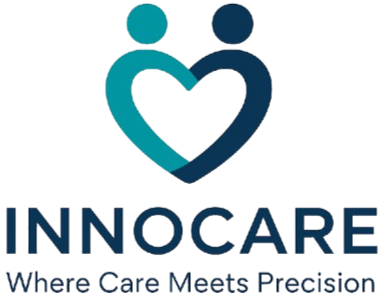Common Questions about Teleconsultation
Put simply, it is a process where medical experts provide their analysis and treatment recommendations based on the medical records supplied by the patient, through written or video format. These recommendations are for the patient and their attending physician to consider.
- Guiding Treatment Direction: When facing major illnesses or difficult treatment choices, teleconsultation not only provides patients with valuable medical opinions but also evaluates existing treatment plans, reducing treatment risks.
- Access to Critical Information: Due to significant medical disparities, many diseases considered untreatable in some regions may already have well-established drugs or treatments overseas. Through teleconsultation, patients can learn whether there are better options available for their condition and if they can achieve better treatment outcomes.
- Convenient and Accessible: Teleconsultation allows patients to consult with experts without traveling abroad. Patients can initiate consultations from home. For patients in poor health or unable to afford the high costs of overseas medical care, teleconsultation is an excellent alternative.
- Cost-Effective: Compared to directly seeing experts and receiving treatment, the cost of teleconsultation is fixed and relatively lower.
- Patients whose current treatment plans and outcomes have been consistently inconspicuous or suboptimal.
- Patients for whom doctors have recommended surgery or other invasive treatments.
- Patients experiencing significant side effects from their current treatments.
- Patients receiving inconsistent pathological diagnoses or treatment plans from multiple hospitals, leading to confusion.
- Patients who have been informed by hospitals that there is currently no treatment available.
- Patients unable to afford the high costs of overseas medical care.
According to a report in the American Journal of Medicine, Dr. Ashley Meyer and colleagues from the Center for Innovation in Quality, Effectiveness, and Safety at the Michael E. DeBakey Veterans Affairs Medical Center in Houston, Texas, collected and analyzed teleconsultation data completed from January 1, 2011, to December 31, 2012, to determine the outcomes of the relevant program. The results found that teleconsultation changed the diagnostic opinions or treatment plans for over 40% of the participants. Among the 2,683 patients surveyed, 94.7% expressed satisfaction with the teleconsultation they received. Teleconsultation altered the original diagnosis in 14.8% of cases and recommended different treatment plans in 37.4% of cases; overall, 41.5% of teleconsultations differed from the original diagnosis or treatment plan.
By consultation mode: Written consultation, Video consultation;
By materials provided: Pathology consultation, Imaging consultation, Comprehensive consultation;
By choice of doctors: Single-discipline consultation, Multi-discipline consultation, Dual-hospital consultation.
- Written Consultation: Medical consultation, recommendations for hospitals and specialists, organization and translation of medical records, appointment with hospital experts, mailing of pathology and imaging materials, translation of teleconsultation reports, and assistance with interpretation, etc.
- Video Consultation: Medical consultation, recommendations for hospitals and specialists, organization and translation of medical records, appointment with hospital experts, mailing of pathology and imaging materials, remote video setup and connection, on-site medical translation, translation of teleconsultation reports, and assistance with interpretation, etc.
